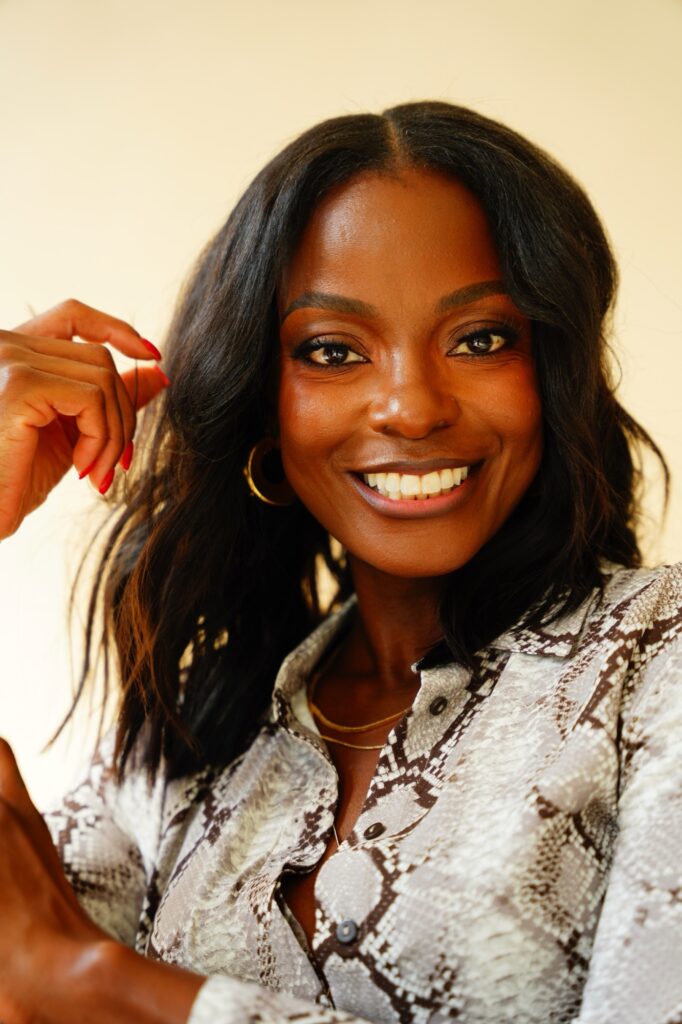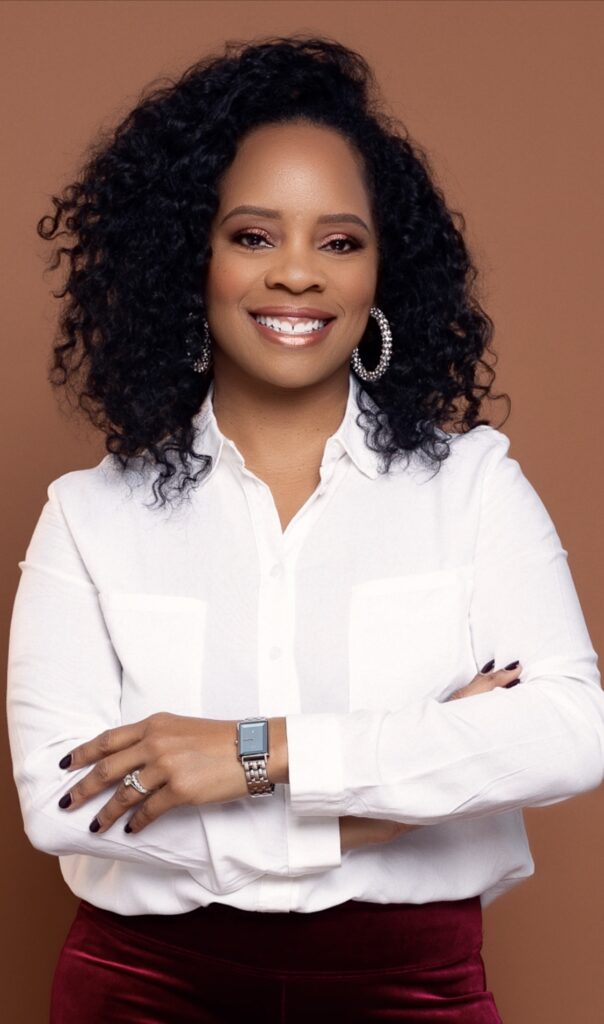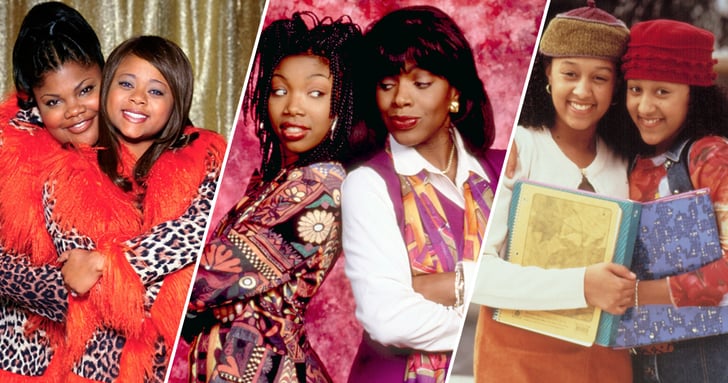Too often, traditional education systems overlook the emotional and cultural needs of students of color. Jamila Sams is changing that narrative. As the founder of We Do it 4 the Culture (WDI4TC), she’s bridging the gap between Hip-Hop and social-emotional learning (SEL), creating transformative spaces where identity, expression, and healing are not only welcomed—they’re essential.

For Sams, Hip-Hop wasn’t just a genre growing up—it was survival, a compass, a mirror. “It gave me language for my feelings, power in my identity, and the courage to speak truth to systems that didn’t always see me,” she says. As an educator, she recognized that same potential in her students. But too often, the cultural tools that could unlock their brilliance were silenced in traditional classrooms.
That realization led her to create We Do it 4 the Culture, an initiative that centers Hip-Hop as a powerful framework for SEL. “Hip-Hop isn’t just music—it’s therapy, history, resistance, and connection,” she explains. “And when we center it in SEL, we’re not just teaching coping skills—we’re honoring students’ full humanity.”
Breaking into a field that often favors neutrality over nuance wasn’t easy. Sams recounts having to challenge the assumption that SEL should be culture-free. “For too long, ‘acceptable’ SEL has meant erasing culture, language, and lived experience,” she says. The real breakthrough came not from industry validation, but from students. “Hearing a young person say, ‘This made me feel seen.’ That’s when I knew we weren’t just building a program—we were building a movement.”
As political winds shift and resistance to DEI and SEL initiatives grows louder, Sams remains unwavering. “This political moment has only sharpened our focus,” she states. Her team has adapted without diluting their mission—crafting tools that are not only effective but unapologetically rooted in culture. “We’ve never been here to check boxes—we’re here to serve students who’ve been told, in a thousand subtle ways, that they don’t belong.”
WDI4TC’s curriculum doesn’t ask students to leave their identities at the door. Instead, it invites them to bring their full selves into the learning process. Through storytelling, music, movement, and mindfulness, students engage in emotional work that feels organic. “When a student writes a verse about their anxiety or breaks down a Kendrick lyric about generational trauma, they’re reclaiming agency,” Sams says. These are not abstract exercises—they are moments of real healing.
Sams understands that integrating Hip-Hop into SEL can be daunting for educators unfamiliar with the culture. Her advice? Approach with curiosity, not control. “I’ve seen students who were completely disengaged suddenly lead classroom discussions,” she shares. “That’s not just SEL. That’s healing. That’s community. That’s liberation.”
Looking ahead, Sams envisions culturally grounded SEL becoming the norm, not the exception. She sees innovation on the horizon—AI tools with a cultural lens, digital platforms centering youth voices, and districts embracing equity as a foundational principle. “Culturally grounded SEL won’t be a ‘niche’ in five years,” she asserts. “It’ll be the standard because students won’t accept anything less.”
Connect with the Movement
To follow Jamila Sams and the work of We Do it 4 the Culture, visit www.wedoit4theculture.com or connect on Instagram at @sel4theculture. Weekly lesson spotlights, educator stories, and SEL gems await those ready to reimagine education through the lens of culture.
As Sams puts it: “If you’re building for the future and you believe culture is a curriculum—let’s connect. We’re just getting started.”
Photo Credit: @aliusdesignco
Follow Us On Social Media!




